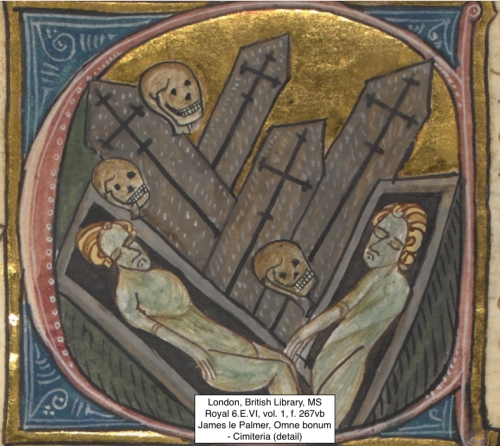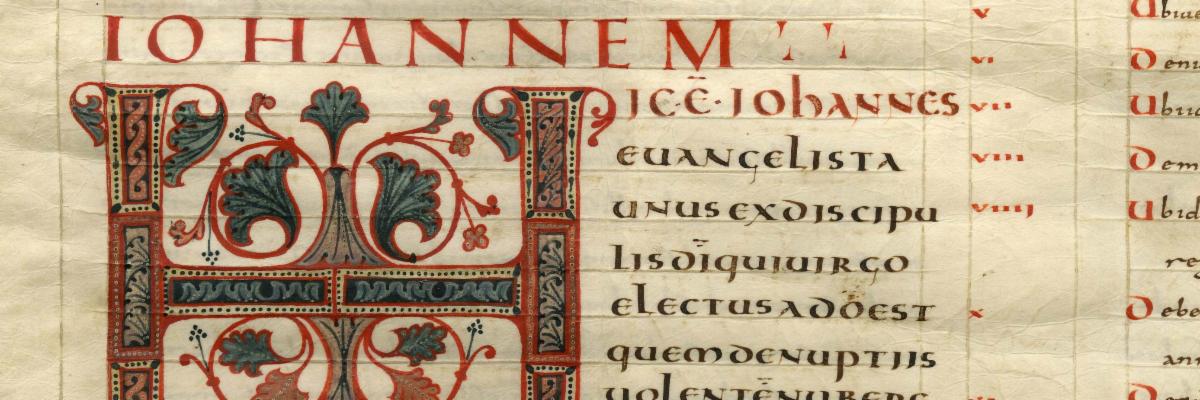We are very pleased to announce that the 2020 Dissertation Grants are being awarded as follows:
Amy W. Clark (UC Berkeley), “Familiar Distances: Beating the Bounds of Early English Identity” (John Boswell Dissertation Grant)
Robert Edward Cutrer (University of Sydney), “Myrkaurriða Markar: the Transformation of Dragons in Old Norse Literature” (E. K. Rand Dissertation Grant)
Richard Paul Ibarra (UCLA), “Ambiguous Integration: The Importance of Ambiguity for Italian Merchants and Its Restriction in Fifteenth- and Sixteenth-Century Seville” (Frederick C. Lane Dissertation Grant)
Dana L. Key (University College London), “From Medieval Morality Play to Jacobean City Comedy: The Afterlife of the Seven Deadly Sins” (Robert and Janet Lumiansky Dissertation Grant)
Clint E. Morrison (Ohio State University), “Dancing Descriptions: Choreographing Middle English Romance” (Hope Emily Allen Dissertation Grant)
Emily Parrent (McGill University and Université d’Avignon), “Creators and Creation: Negotiating Nature in Late Medieval Courts” (Grace Frank Dissertation Grant)
Eduardo Ramos (Penn State), “Saracen Vikings: Narratives of Invasion in Medieval England” (Charles Tuttle Wood Dissertation Grant)
Tyler Davis Sampson (The Catholic University of America), “The ordines romani and Liturgical Formation in the Early Middle Ages: Education, Practice, and Theology” (Etienne Gilson Dissertation Grant)
Meghan Woolley (Duke University), “The Heart of the Court: The Role of Emotions in Shaping English Law, 1154-1272” (Helen Maud Cam Dissertation Grant)
The nine endowed and named Medieval Academy Dissertation Grants support advanced graduate students in medieval studies.


 96th Annual Meeting
96th Annual Meeting

